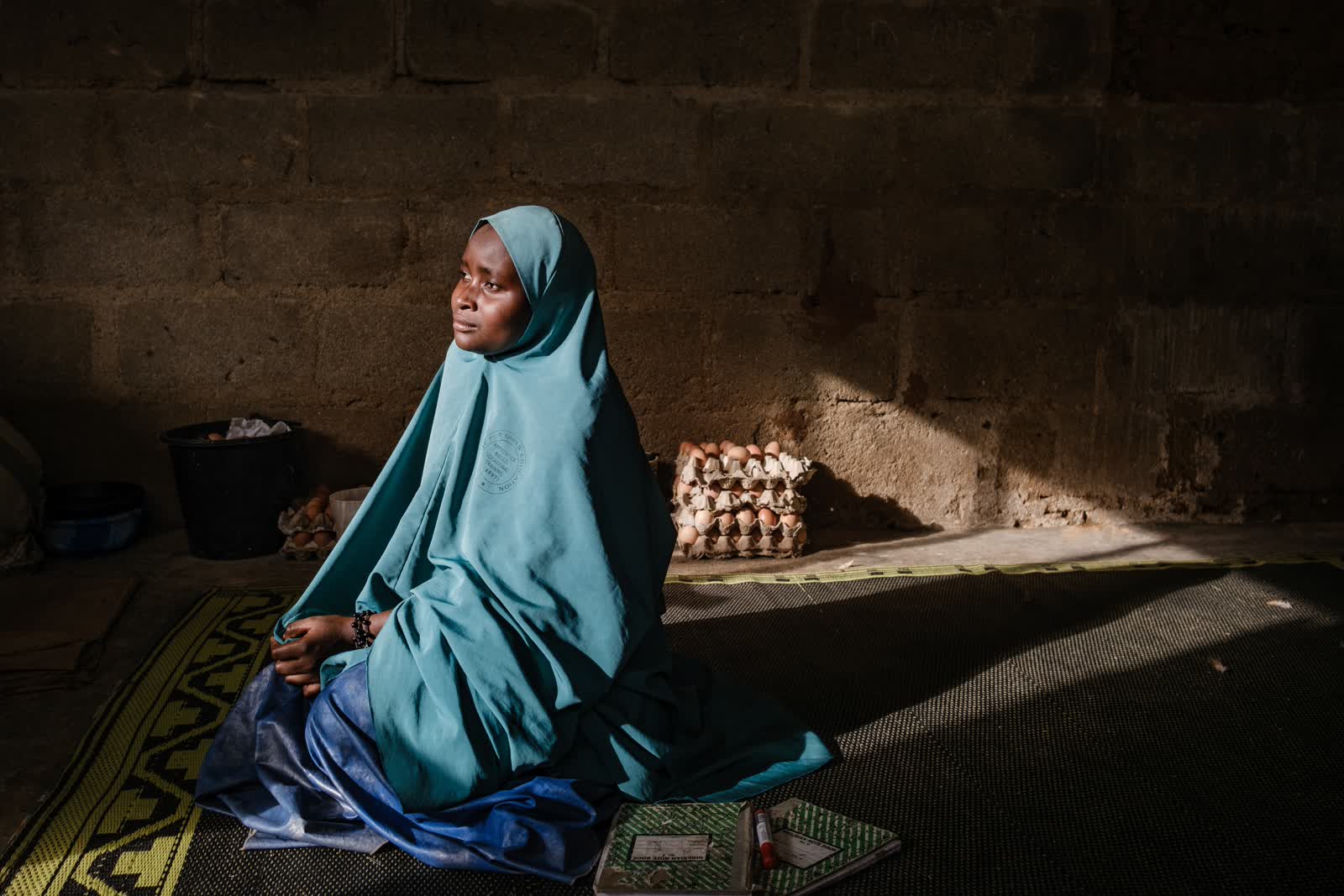One in every five children currently not enrolled in school resides in Nigeria. Despite primary education being entirely free and compulsory, over 10.5 million children are currently out of school. Gender plays a significant role in this pattern of educational deprivation. The net attendance rate for young girls in Nigeria is around 47% percent, compared to 61% of children overall. It is easy to assume that this attendance drought is caused solely by economic strife and sexually oppressive sociocultural norms that discourage girls from engaging with formal education. This assumption, although correct, neglects a glaring factor at play in the pattern of educational marginalization: the climate crisis.
The Implications of Nigeria’s Colonial Past
Colonialism and the current climate crisis are complex and inextricably linked phenomena. Western powers have, historically and currently, extracted natural resources from the regions they have colonized, which has led to deforestation, over-extraction of minerals, and the overall destruction of ecosystems. As globalization has evolved and technology advanced since early industry and the beginnings of imperialism, Western powers have permanently established extractive multinational industries such as Shell, a multinational oil and gas corporation, in these countries to further profit from their natural resources. The perpetuation of these practices relies on political instability, governmental incoherence and corruption, and weak economic performance within the formerly colonized states.
Indeed, the power imbalances and the economic structures and hierarchies that exist today are reflective of the international relations and unequal balance of power established during the height of colonialism. Colonialism is far from being a historical artifact. Rather, colonialism underpins the present-day international economic framework, which is predicated upon overconsumption and disregard for environmental boundaries. As technology has advanced and the extent to which an economy can grow has exponentially broadened, states have increased levels of production to maximize profits and, in turn, fostered excessive consumerist tendencies in their respective populations. This global economic system and culture of overproduction and overconsumption contributes significantly to greenhouse gas emissions and, as such, environmental destruction as humans extract resources from the natural world and utilize massive quantities of energy in transporting and refining it. The United States, a major neocolonial power, is responsible for the largest amount of carbon dioxide emissions since 1750 at nearly 400 gigatonnes. Of the top ten states with the highest carbon emissions, seven are colonial powers with a cumulative population of 760 million.
The painful irony of the situation is that the countries that are considered the wealthiest in the world today and which were enriched through colonialism have, for all intents and purposes, fomented this climate crisis. Yet climate change is now harming countries of the Global South, including Nigeria, that have suffered and continue to suffer at the hands of Western powers due to the lasting effects of colonial rule and exploitation. A Stanford study shows that the gap between the wealthiest and poorest countries in terms of economic output is a staggering 25% larger than it would be if climate change did not exist and the wealth per person has decreased by 17% to 30% since 1961. Although these countries have not meaningfully contributed to environmental degradation, they are disproportionately negatively economically affected by the climate crisis.
Connection with Gender Inequality and Education
The issue of gender adds another dimension of convolution to an already complex situation. In rural areas of the developing world, the structure of gender relations deals largely with the environment. Women in Africa have been among the first to notice the impact of the environmental crisis on the agricultural cycle, human and animal livelihood, and food insecurity. Due to the gender division of labor, women’s economic sphere of influence is concerned with the environment and is more directly affected by changes in the climate. Climate change has decreased the food supply, as agriculture is sensitive to changes in weather and climate and makes agricultural practices difficult or even impossible in certain regions. In terms of freshwater resources, climate change contaminates the water supply and affects where, when, and how much safe drinking water is available. These factors increase and complicate the women’s workload as well as adding more caregiving duties and dependency burden.
For young girls seeking education, who are already expected to stay in the women’s economic sphere due to prevailing cultural norms, climate change places more pressure to stay home and help support their families as financial conditions worsen. The lack of access to water as a result of the climate crisis, for example, has contributed to such gender inequalities. Water scarcity in Nigeria is largely due to the spillage of oil fuel during resource extraction, which makes it difficult for communities to access clean and usable water. The collection of water in rural African societies is considered a female responsibility, and as accessing water becomes more arduous, less time is available for their education.
Another aspect is the issue of displacement and political conflict resulting from climate change. The World Bank highlights how climate change is a driver of internal climate migration and that the poorest regions are the most disproportionately affected. Studies find that Sub-Saharan Africa experiences the highest volume of internal climate migration, at an estimated 86 million migrants by 2050. Displacement provides another barrier to schooling for girls as they are put at an even higher risk of poverty and exploitation. Climate-induced stress, such as displacement, leads to families deprioritizing the education of their children, especially daughters, further perpetuating gender inequalities.
The Danger of Nigeria’s Educational Drought
Access to public schooling is a privilege clearly not granted to all. The governments of children in the West invest heavily in human capital such as high quality education, nutrition, employment and skills and healthcare. This investment has been paramount to decreasing poverty, increasing access to lifetime income, and improving overall economic growth in developed countries. Highly valued human capital leads to a more healthy and educated population which can allocate more time and energy into productive activities. In periphery states such as Nigeria, the government allocates less resources to human capital. These poor policy choices have stunted the education and health sectors of the Nigerian economies which would have otherwise experienced extreme growth and development.
Currently, there are girls who are risking their lives to receive an education, and the climate crisis is making it significantly more difficult to do so. Although there are existing institutional obstacles that prevent social mobility, such as little investment in human capital, the climate crisis is proving to be an even larger hindrance. Gender disparities are not only an injustice to the young women who are denied an education, but are also a disservice to the academic world. Millions of brilliant young minds never realize their true potential as barriers to their schooling increase due to climate change, a crisis not projected to stop any time in the near future.
Featured Image Source: CNN






Comments are closed.